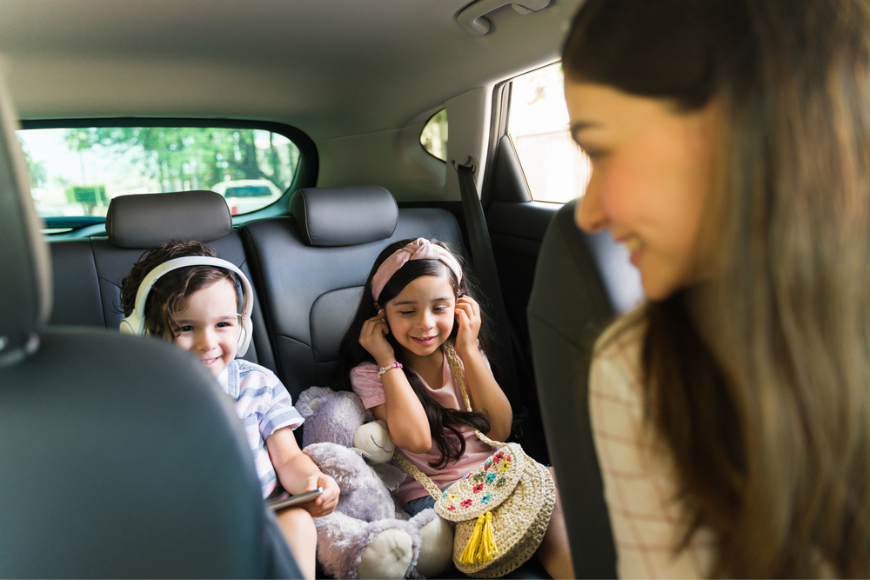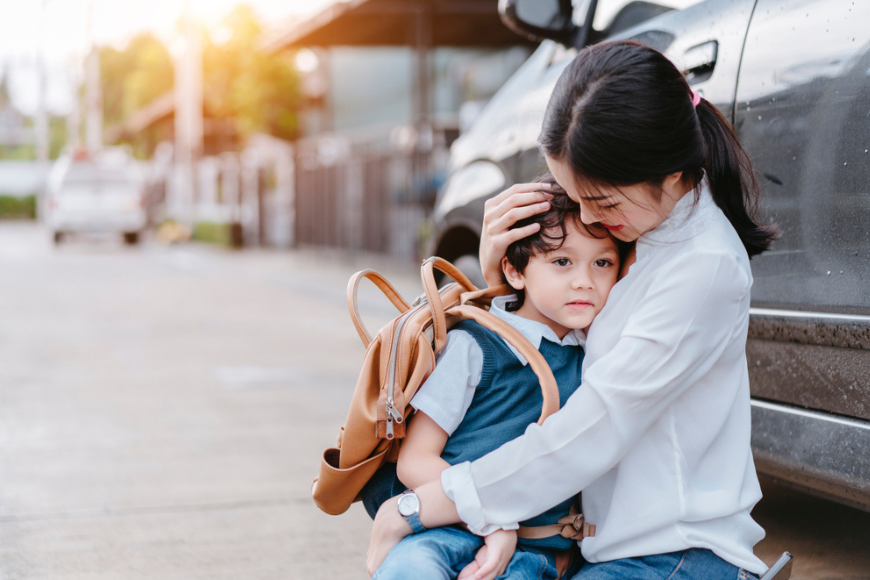Singapore have an english based vreole language that is called Singlish...
3 February 2014
| Last updated on 28 June 2017
Colloquial Singaporean English, better known as Singlish, is an English-based creole language spoken in Singapore.
Singlish is commonly regarded with low prestige in Singapore. The Singaporean government and many upper class Singaporeans alike heavily discourage the use of Singlish in favour of Standard English. The government has created an annual Speak Good English Movement to emphasise the point. Singlish is also heavily discouraged in the mass media and in schools. However, such official discouragement and routine censorship is actually countered by other presentations in the "official" mainstream media, including routine usage by ordinary people in street interviews broadcast on TV and radio on a daily basis, and occasional usage in newspapers.
The vocabulary of Singlish consists of words originating from English, Malay, Hokkien, Teochew, Cantonese, Tamil and to a lesser extent various other European, Indic and Sinitic languages. Also, elements of American and Australian slang have come through from imported television series and films.
There are certain expressions such as ‘lah’, ‘leh’, ‘ah’, ‘meh’, ‘lor’ used at the end of sentences. English speaking people may find it difficult to understand Singlish as sentences are often broken, without prepositions and are spoken quickly in a Singaporean accent.
While many people find Singlish frustrating at the beginning, it will soon grow on you and you may find yourself inadvertently using Singlish yourself. Singlish is widely used colloquially in Singapore, but never in everyday formal business interactions, meetings and job interviews.
Common Singlish words:
{C}
- {C}
‘Can’ is used to replace ‘yes’.
{C}
- {C}
‘Lah’ is used at the end of sentences.
{C}
- {C}
‘Kena’ is used with objects that have a negative effect or connotation.
{C}
- {C}
‘Tio’ is used like ‘kena’ but can also be used in the positive.
Once you spend some time walking around Singapore and in the taxis you will get an affinity for the Singaporean use of Singlish.
Singlish is commonly regarded with low prestige in Singapore. The Singaporean government and many upper class Singaporeans alike heavily discourage the use of Singlish in favour of Standard English. The government has created an annual Speak Good English Movement to emphasise the point. Singlish is also heavily discouraged in the mass media and in schools. However, such official discouragement and routine censorship is actually countered by other presentations in the "official" mainstream media, including routine usage by ordinary people in street interviews broadcast on TV and radio on a daily basis, and occasional usage in newspapers.
The vocabulary of Singlish consists of words originating from English, Malay, Hokkien, Teochew, Cantonese, Tamil and to a lesser extent various other European, Indic and Sinitic languages. Also, elements of American and Australian slang have come through from imported television series and films.
There are certain expressions such as ‘lah’, ‘leh’, ‘ah’, ‘meh’, ‘lor’ used at the end of sentences. English speaking people may find it difficult to understand Singlish as sentences are often broken, without prepositions and are spoken quickly in a Singaporean accent.
While many people find Singlish frustrating at the beginning, it will soon grow on you and you may find yourself inadvertently using Singlish yourself. Singlish is widely used colloquially in Singapore, but never in everyday formal business interactions, meetings and job interviews.
Common Singlish words:
- ‘Can’ is used to replace ‘yes’.
- ‘Lah’ is used at the end of sentences.
- ‘Kena’ is used with objects that have a negative effect or connotation.
- ‘Tio’ is used like ‘kena’ but can also be used in the positive.
Once you spend some time walking around Singapore and in the taxis you will get an affinity for the Singaporean use of Singlish.































































































